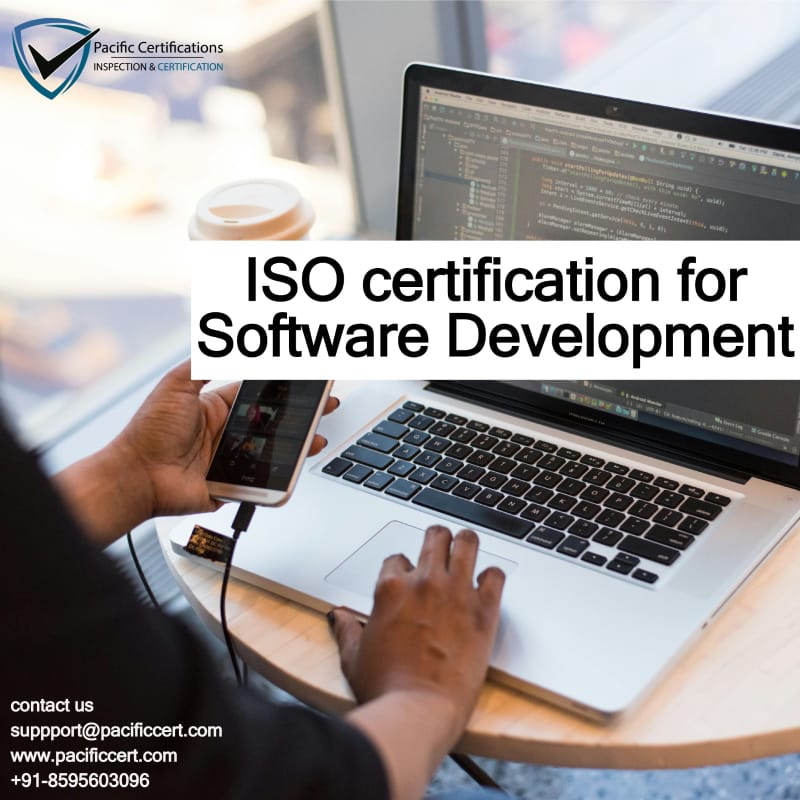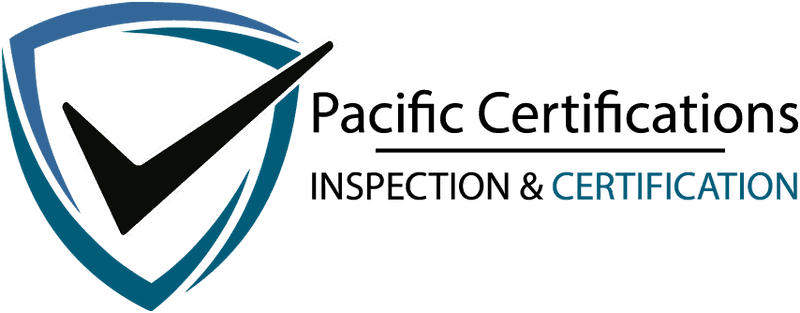ISO Certifications for Software Development Services, Requirements and Benefits

Introduction
The software development industry has become central to digital transformation across every sector. From enterprise applications and SaaS platforms to mobile apps and AI-driven systems, software must be secure, reliable, and user-friendly. The global software development market is projected to exceed USD 1.5 trillion by 2030, with growing demand for cloud-native applications, cybersecurity, and AI integration.
Yet, software failures, cyberattacks, and compliance issues remain persistent risks. ISO certifications provide development companies with internationally recognized frameworks that address quality assurance, information security, service management, and customer satisfaction. By implementing these standards, software firms can reduce risks, meet client expectations, and improve credibility.
In software development, ISO certifications provide the framework to ensure quality, security, and reliability in a fast-changing digital landscape.
For ISO certification support for your software development company, contact [email protected].
Applicable ISO standards for Software Development Services
ISO 9001:2015 Quality Management Systems
ISO 9001 is one of the most widely recognized standards for quality management systems (QMS). The standard focuses on meeting customer requirements and increasing customer satisfaction through the effective application of a QMS, including processes for improvement.
ISO/IEC 27001: Information Security Management Systems
ISO/IEC 27001 is crucial for software development companies that handle sensitive information. This standard helps organizations manage the security of assets such as financial information, intellectual property, employee details, and information entrusted by third parties.
ISO/IEC 20000-1: Service Management
ISO/IEC 20000-1 specifies requirements for an organization to establish, implement, maintain, and continually improve a service management system (SMS). This standard is particularly relevant for software development companies that also provide services such as software maintenance, support and cloud-based solutions.
ISO/IEC 25010:2011 - Systems and Software Quality Requirements and Evaluation (SQuaRE)
ISO/IEC 25010:2011 provides a comprehensive model for evaluating the quality of software products. It covers various quality characteristics such as functionality, performance, compatibility, usability, reliability, security, maintainability, and portability.
ISO/IEC 15504 (SPICE) - Software Process Improvement and Capability Determination
This set of technical standards relates to the development, operation, and maintenance of software. It provides a framework for the assessment of software development processes.
Click here to find out more applicable standards to your industry
What are the requirements of ISO Certifications for Software Development Services?
ISO 9001: Quality Management Systems Requirements
Documented Processes: Establish clear, standardized processes for software development and project management.
Customer Focus: Ensure products meet client expectations and continually improve based on feedback.
Risk Management: Identify potential project risks and implement mitigation strategies.
Continuous Improvement: Regularly evaluate and improve development practices for better efficiency and quality.
ISO/IEC 27001: Information Security Management Requirements
Risk Assessment: Identify and assess security risks related to software and data.
Access Control: Implement controls to restrict access to sensitive information.
Incident Response: Develop a procedure for detecting, responding to, and recovering from security breaches.
Compliance: Ensure compliance with data security regulations, such as GDPR.
ISO/IEC 20000: IT Service Management Requirements
Service Delivery: Ensure consistent, high-quality service delivery from development to post-launch support.
Service Level Agreements (SLAs): Maintain SLAs to guarantee performance and reliability.
Incident Management: Implement a process for managing and resolving IT issues quickly.
Continual Improvement: Regularly review and improve service management practices.
ISO/IEC 27701: Privacy Information Management Requirements
Data Privacy Management: Implement privacy policies for handling personally identifiable information (PII).
Transparency: Ensure transparency in data handling and management.
Consent Management: Obtain and manage user consent for data collection.
Data Protection: Apply necessary controls to protect personal data from breaches.
Tip: Start with ISO 9001 and ISO/IEC 27001 to establish quality and security foundations, then expand into ISO/IEC 20000-1 and ISO/IEC 12207 for lifecycle and service management.
What are the benefits of ISO Certifications for Software Development Services?
ISO certifications improve credibility, risk management, and client trust while supporting continuous improvement. Below are the key benefits:
ISO 9001 ensures consistent software development processes and high-quality deliverables.
ISO/IEC 27001 safeguards sensitive data and reduces the risk of data breaches.
ISO 20000 promotes efficient service delivery and incident resolution, leading to smoother operations.
ISO/IEC 27701 ensures compliance with global data privacy regulations like GDPR.
Certifications build client trust by demonstrating a commitment to quality, security, and privacy.
Certified software companies stand out in the market, attracting more business opportunities.
Market Trends
The software industry is rapidly evolving, driven by cloud computing, AI, and cybersecurity. Spending on enterprise software is forecasted to exceed USD 2 trillion by next year, with over 85% of new applications expected to be cloud-native. At the same time, cyberattacks are increasing in frequency and sophistication, making ISO/IEC 27001 certification essential for software providers.
Clients are demanding greater transparency and reliability, with over 70% of IT outsourcing contracts now including quality and security compliance requirements. AI governance is also becoming critical, as ISO/IEC 42001 positions organizations to manage risks in AI-driven solutions. With the global IT services market growing at a CAGR of 8% through 2032, ISO certifications are becoming key differentiators for software development companies seeking to win large-scale, long-term projects.
For ISO certification support, contact [email protected].
How Pacific Certifications can help?
We Pacific Certifications provide impartial and professional audit and certification services for ISO standards that support the software development industry. Our services help firms demonstrate compliance and achieve international recognition.
With Pacific Certifications, you can:
Achieve certification for ISO 9001, ISO/IEC 27001, ISO/IEC 20000-1, ISO/IEC 12207, ISO/IEC 42001, and more.
Strengthen security, quality, and service delivery in software projects.
Enhance competitiveness in global outsourcing and technology contracts.
Build long-term client trust through accredited certification.
Contact [email protected] to begin your certification process.
Contact Us:
Pacific Certifications is accredited by ABIS, in case you need support with ISO certification for your Software Development business, please contact us at [email protected] or +91-8595603096.
Ready to get ISO certified?
Contact Pacific Certifications to begin your certification journey today!
Author: Sony
Suggested Certifications –
Read more: Pacific Blogs
